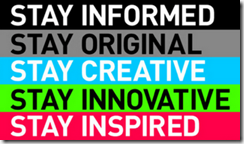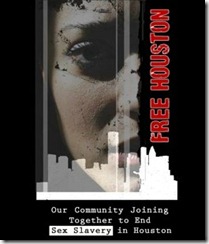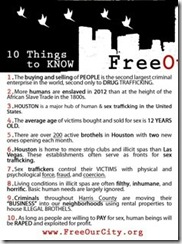by Diane Holmes, (a) Chief Alchemist of Pitch University, (b) lover of learning, and (c) writer of fiction, non-fiction, and the occasional manifesto.
Some writers dread starting a project.
They’re a perfectionistic lot, refusing to be pleased with the imperfect efforts known as DRAFTS.
Somehow, drafts feel like failure.
Is This You?
Real Life Artist, Chloe, has an idea book. That’s better than a rough-draft book, don’t you think?
Rough Draft Book = WRONG BAD EVIL WRITING (that is blood-smeared from my valiant and noble efforts to craft worthy prose)
Idea Book = BRILLIANT NOODLING AND GENIUS LEAPS OF GREATNESS (that are effortless, feel like recess, and taste like lollipops)
And this got me thinking about Catherine Tully’s write-from-the-gut first draft.
Writing in an all-out passion is the dream. Some writers even do it on an on-going basis.
But many writers wrestle with first drafts and every draft after that: the imperfect, necessary drafts.
So I’m going to suggest some solutions.
1) Stop Failing.
Don’t continue to follow your writing process if it never works for you. (Or if it only worked for you once, 10 years ago.)
2) What You Tell Yourself About Your Process Matters.
Figure out what you believe about your writing process and first drafts. Make a list. When you run out of ideas for your list, ask what you assume about your writing, what you fear, and what you want to force to be true.
Trust me, you’ve got some hinky ideas that are holding you back. Some writers actually believe they are bad at writing first drafts. Or can’t write more than 2 pages a day. Or can only write at home, in the evening, if no one else is home.
What you believe becomes true (and yet unhelpful) and will stop you from finding a solution.
3) Speed Liberates.
Look at the speed of your writing. Many writers write better when they’re forced to write fast (timed speed-sprints). Better means easier, happier writing, and also all-around better writing.
4) Be a Detective.
Keeps tabs on your process.
Watch for times when you start bogging down, when you hate what you’re writing, when you start resisting writing altogether. What specifically is happening? What course corrections work to turn it around?
- Sometimes, when you start slowing down, hating the draft , you’re headed in the wrong direction. It’s your gut instinct speaking up.
- Or maybe your creativity benefits from background music.
- Or maybe you just don’t write well after 45-minutes of hard focus, and you need a break.
5) Project vs. Process.
Not all projects are worth spending your life on. They don’t keep your attention, much less engage your passion. And working on a project you hate stops you from working on something that sings to you.
When you are hating a first draft, it’s crucial to know the difference between Wrong Project and Broken Process. (PS If your writing process is broken, all projects become the Wrong Project.)
BONUS: Learn to be Imperfect.
Seriously. If the problem is perfectionism, then learn how and when to be imperfect. And learn why this is beneficial.
Here’s why I think it’s absolutely essential:
Trying things out is how you find your genius.
That’s all drafting is. Exploring the universe of what you could write. Trying something, then something else.
Just to see what’s possible.
So instead of perfect, try to be possible. Pretty much all great inventions happened because someone tried something to see what was possible.
Possible is the new Black.
—
 Diane writes two alternating columns for Freelance-Zone:Fiction-Zone: Leaps in Fiction Mastery and Marketing-Zone:Marketing-Zone: Marketing Yourself and Your Book.
Diane writes two alternating columns for Freelance-Zone:Fiction-Zone: Leaps in Fiction Mastery and Marketing-Zone:Marketing-Zone: Marketing Yourself and Your Book.






 Your dream is about writing. I already know that. But what I want to know is if you’re living your big writing dream today?
Your dream is about writing. I already know that. But what I want to know is if you’re living your big writing dream today? 
